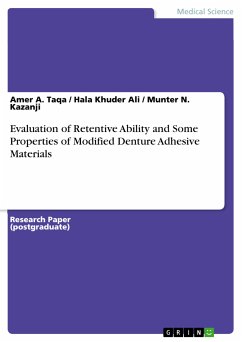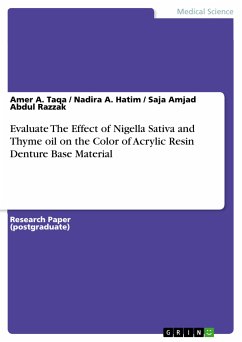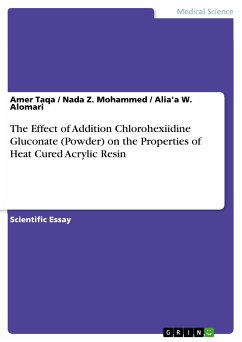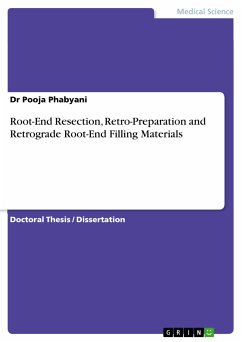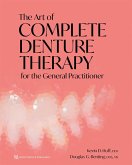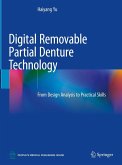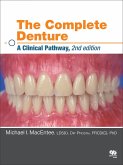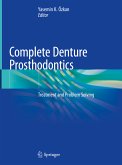Research Paper (postgraduate) from the year 2010 in the subject Medicine - Dentistry, University of Mosul (Dental college), language: English, abstract: Aims: To evaluate pH, viscosity and retentive ability of modified adhesive materials and compared it with commercially available adhesive materials. Materials and Methods: The pH-value of 0.25% denture adhesive materials were determined using pH meter. The viscosity was determined by Ostwald viscometer (Aldrich Company). The retentive ability was measured by specially manufactured reten-tion testing machine using an acrylic resin disc samples which have 6cm diameter and 3mm thickness prepared from a special mold. Results: The findings of the present study showed that the "Bonyplus" gave the highest pH values of all materials tested. Also, showed that the "CMC" gave the highest vis-cosity values, while "Bonyplus" gave the lowest one. The "CMC" gave the highest retention while the "Distilled water" gave the lowest one. Conclusions: All denture adhesive materials tested have a pH equal to that of neutral. The viscosity test showed that the newly prepared materials have a higher vis-cosity than commercial denture adhesive materials. The retention test showed that the newly prepared materials have a higher efficiency than commercial denture adhesive materials. Key Words: Retentive ability, Properties, denture, adhesive material.
Dieser Download kann aus rechtlichen Gründen nur mit Rechnungsadresse in A, B, BG, CY, CZ, D, DK, EW, E, FIN, F, GR, HR, H, IRL, I, LT, L, LR, M, NL, PL, P, R, S, SLO, SK ausgeliefert werden.

